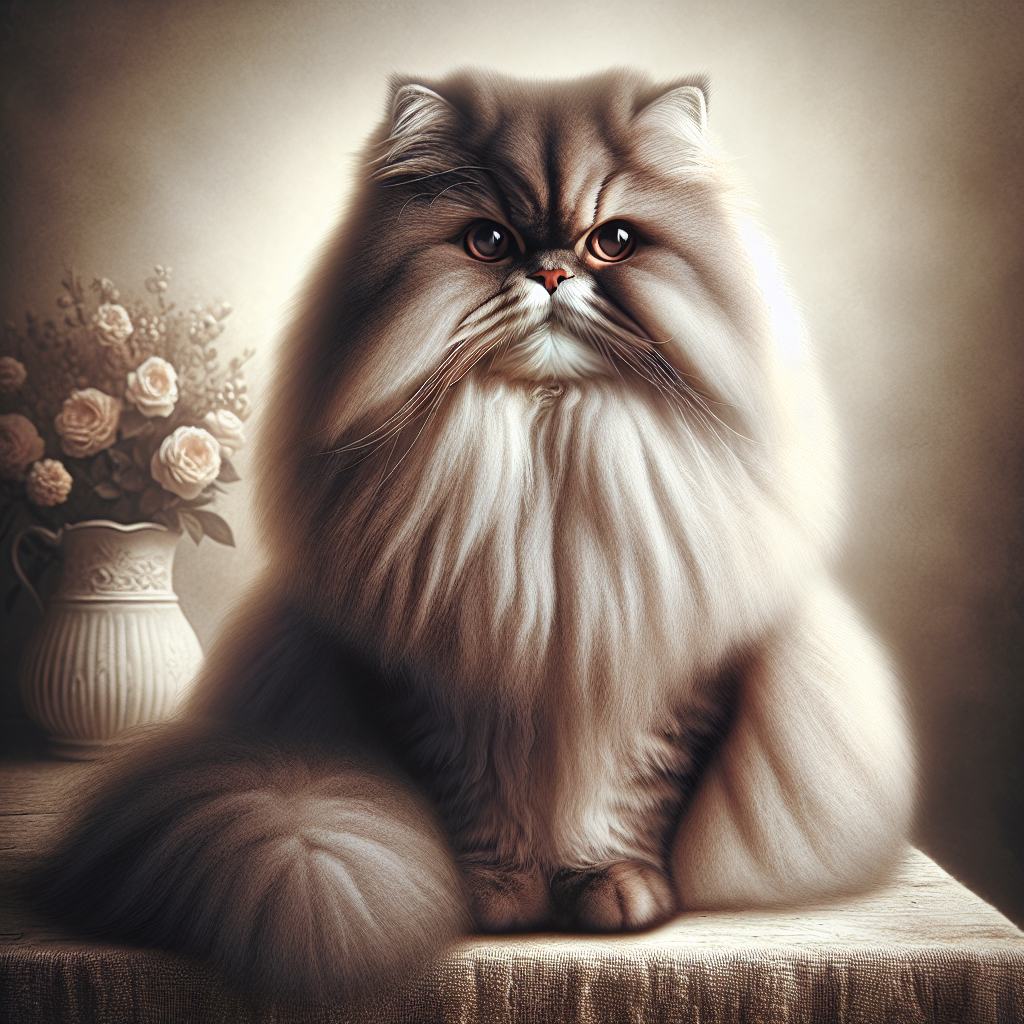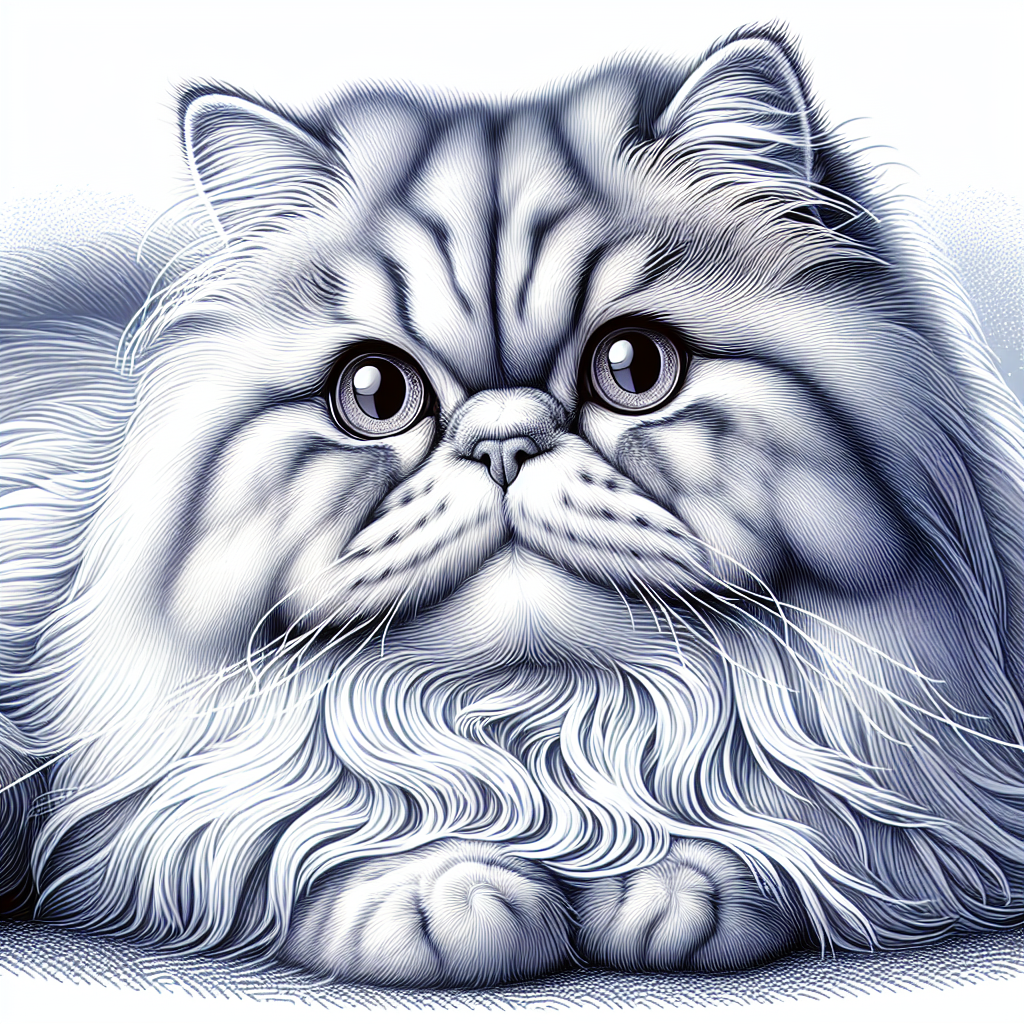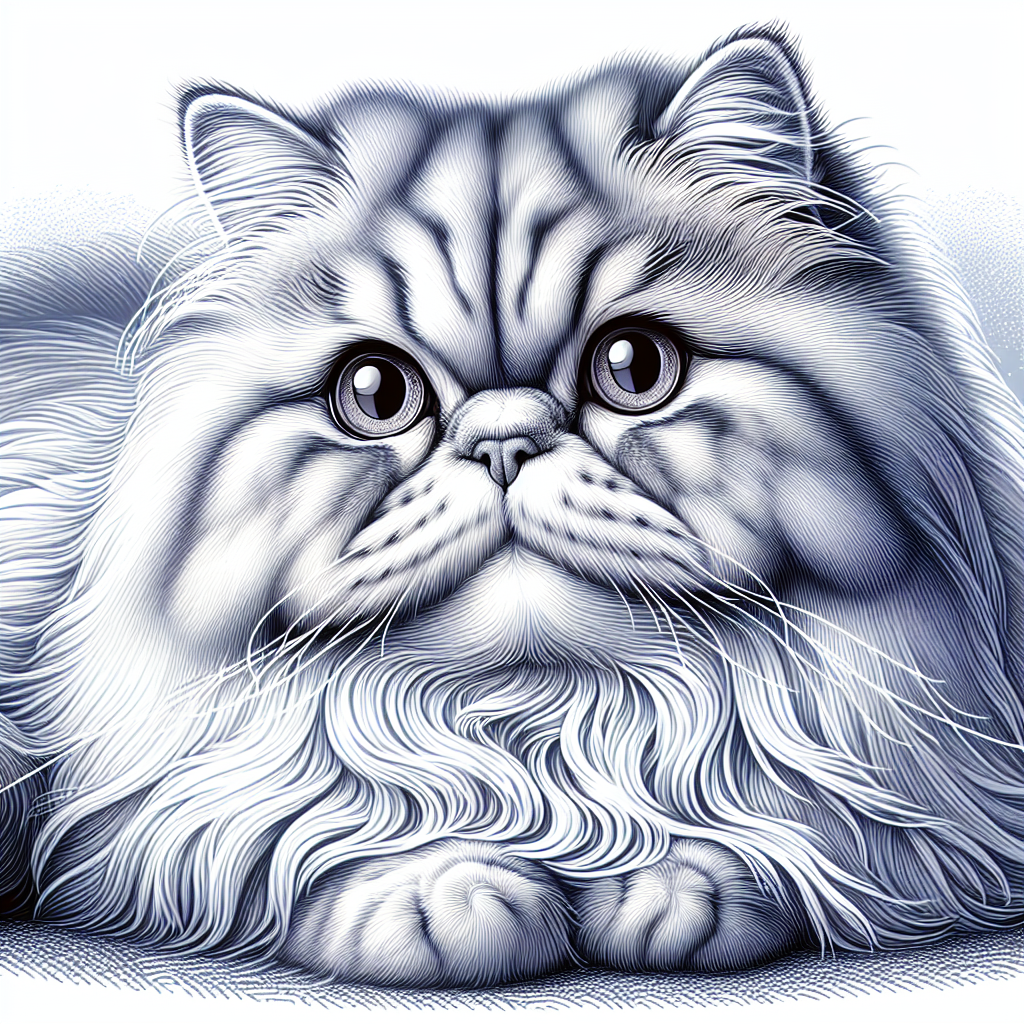Persian cats are known for their luxurious coats and regal demeanor, but when it comes to their dietary needs, what should you be feeding your furry friend? In this article, we will explore the best diet for Persian cats, looking at both their nutritional requirements and considerations for their unique breed. Discover the key elements that should be present in your Persian cat’s meal plan, ensuring their overall health and well-being. Whether you’re a seasoned Persian cat owner or considering adopting one, understanding their dietary needs is essential for keeping them happy and healthy.
Best Diet for Persian Cats
Understanding the Nutritional Needs of Persian Cats
Persian cats have specific dietary requirements that need to be met in order to keep them healthy and happy. Understanding these nutritional needs is crucial when choosing the best diet for your Persian cat. By providing the right balance of protein, fats, carbohydrates, vitamins, minerals, and water, you can ensure that your feline friend receives all the nutrients necessary for optimal health.
Choosing the Right Type of Food
When it comes to choosing the right type of food for your Persian cat, there are several factors to consider. Commercial cat food, raw food diets, and home-cooked meals are all options that cat owners can explore, each with their own benefits and drawbacks. Consulting with a veterinarian can help you make an informed decision based on your cat’s specific needs and preferences.

Commercial Cat Food
Commercial cat food is a convenient and easily accessible option for many cat owners. There are both dry (kibble) and wet (canned) varieties available, each with their own advantages. When choosing commercial cat food, it is important to read and understand the nutritional information on the labels. Opt for high-quality brands that meet the specific nutritional requirements of Persian cats.
Raw Food Diet
A raw food diet, also known as a BARF (Biologically Appropriate Raw Food) diet, consists of feeding your Persian cat raw meat, bones, and organs. Many proponents of raw feeding argue that it closely mimics what cats would eat in the wild and can provide various benefits such as improved digestion and dental health. However, there are potential risks and concerns associated with raw food diets, such as bacterial contamination and nutritional imbalances. It is important to research and understand how to properly prepare a balanced raw diet before introducing it to your cat.

Home-Cooked Meals
Some cat owners prefer to prepare homemade meals for their Persian cats. This allows for greater control over the ingredients and can be tailored to meet the specific dietary needs of your cat. However, it is essential to ensure that the homemade meals are nutritionally balanced and provide all the necessary nutrients. Consulting with a veterinary nutritionist can help you create balanced and healthy recipes that meet your cat’s needs.
Avoiding Harmful Ingredients
When feeding your Persian cat, it is important to be aware of harmful ingredients that can be toxic or cause allergies. Some common toxic foods for cats include chocolate, onions, garlic, and certain types of plants. Additionally, artificial additives and common allergens should be avoided. Consulting with a veterinarian can help you identify potential harmful ingredients and ensure that your cat’s diet is safe and free from any potential risks.
Tips for Feeding Persian Cats
Establishing a feeding routine is important for Persian cats. Cats are creatures of habit, and having a consistent feeding schedule can help prevent digestive upset and maintain a healthy weight. Different feeding methods, such as free-feeding or meal-feeding, can be employed depending on your cat’s needs. Monitoring food intake and addressing weight management are also essential to ensure that your Persian cat maintains a healthy body condition.
Frequency and Portion Control
Determining the recommended feeding schedule and portion sizes for your Persian cat is crucial. Feeding too much or too little can result in weight issues and other health problems. It is important to monitor your cat’s body condition score and adjust portions as needed to maintain an ideal weight. Avoiding overfeeding is essential to prevent obesity, which can lead to various health issues. Dealing with fussy eaters may require some experimentation with different food options and feeding methods.
Hydration and Water Consumption
Persian cats, like all cats, require proper hydration to support their overall health. Ensure that fresh and clean water is available at all times. Some cats may prefer drinking running water, so providing a cat water fountain can encourage increased water consumption. Wet food can also contribute to a cat’s daily water intake, as it naturally contains higher moisture content compared to dry food.
Supplements and Treats
While a well-balanced diet should provide all the necessary nutrients for your Persian cat, there may be times when supplementation is required. Essential nutrients, such as vitamins and minerals, can be supplemented if there are any deficiencies identified by a veterinarian. Omega-3 fatty acids and probiotics can also be beneficial for your cat’s overall health. When it comes to treats, moderation is key. Choose healthy options specifically formulated for cats and avoid overindulgence.
In conclusion, providing a diet that meets the specific nutritional needs of Persian cats is essential for their overall health and well-being. Understanding the dietary requirements, choosing the right type of food, avoiding harmful ingredients, and implementing proper feeding practices are all crucial in ensuring that your Persian cat lives a long and healthy life. Remember to consult with a veterinarian to receive personalized advice and guidance for your specific cat. By following these guidelines, you can help your Persian cat thrive on the best diet possible.

